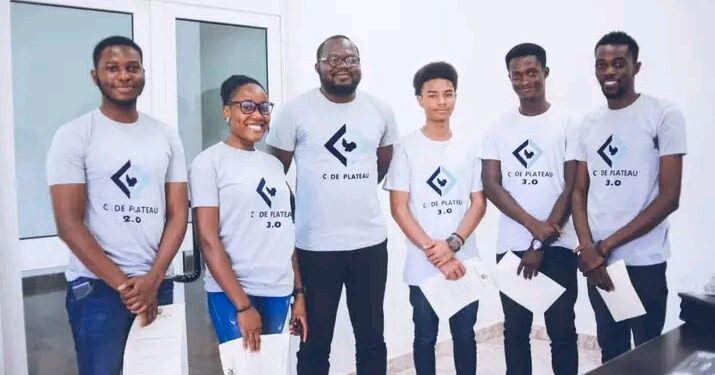Over the years, Northern Nigeria, especially Plateau state, has been struggling to build a tech ecosystem that has appeared to be stunted and/or somewhat inexistent. While southern states are receiving the major share of recognition and support, the Northern region has been left to scramble for survival.
Amid insecurity and inefficiencies, Plateau state is on a mission to building a viable tech ecosystem.
The challenges so far:
• Insecurity: The unchecked risk of insecurity in Northern Nigeria has left the region’s economy crawling over the past two decades. The world food programme asserts that it is the main driving factor of instability in all the states affected. For this reason, most companies have been cautious about moving their businesses to the North and this has in turn slowed down the growth of the economy.
• Lack of proper infrastructure: While Southern Nigeria has thrived with the presence of urbanized cities, the North is still lagging behind with its abundance of rural communities and undeveloped cities. A lot of these cities lack basic infrastructure such as reliable power supply, strong internet connectivity, good roads and effective mobility among other things, which are in fact necessary for building the tech ecosystem.
• Poor funding: Although this has been a huge problem for almost every sector in most of the states in the country, this situation has been more dire in the Northern region. This can be majorly attributed to poor visibility of the region’s startups among investors and the lack of insight in the potentials they exude.
• Insufficient number of tech talents: Over the years, more Nigerians have been learning the importance of digital skills and quite a number of them have acquired at least some of the basic skills. However, the lack of a viable ecosystem in which to build has led to a massive brain drain whereby these promising techpreneurs tend to migrate to already established cities.
Major change-makers in the Plateau state tech ecosystem
• nHub: Founded in 2015 by Kwopnan Mclean and David Daser (current DG, Plateau State Information and Communication Development Agency), nHub was Northern Nigeria’s first technology centre and Plateau state’s pioneer and only tech and innovation hub.
It was built to empower entrepreneurs on their journey to building the ecosystem through training sessions and incubation programs.
In 2019, the Hub also launched a network called the Jos Angel Network which was intended to educate prospective angels, give reasons as to why they should be investors, run a selection process through pitch events and finally, onboard startups. Although the network has been silent for a while, its management has assured that strategies are actively in place to build back better the Hub and its projects.
• Code Plateau: The fellowship is an 8-month, full-time immersive bootcamp established and managed by the Plateau state government through the office of the Plateau state Information and Communication Technology Development Agency (PICTDA). It was built to foster the skilling and re-skilling of tech-enthusiastic youths in the state.
Since its inception in 2019, the Code Plateau has had 4 successful cohorts where it has trained hundreds of Plateau residents in categorized stages which consequently aim at developing human capital and creating job opportunities for the teeming youths in the ICT sector.
In a chat with CRESTHUB during one of our bi-monthly Twitter spaces, David Daser, Director General, PICTDA, explained some of the strategies that Code Plateau has employed over the years to solve some of the aforementioned problems.
He explained that the initiative is a product of a working partnership between the state government and private individuals who are enthusiastic about tech and keen about impacting on the youthful residents in the state.
Code Plateau is making it work with the help of the private sector
For Code Plateau, Private sector support is everything. Despite being a brainchild of the state government, the DG explained that most of the funds used to run the program come specifically from private investors. He said that they support the program with funds and training personnel, amongst other things, keeping the program on a roll.
“Right now, we bootstrap. We’re trying to adopt the private sector approach. We liaise with private and government organizations, which give us funds and we supply talents. We’re making an impact”, he said.
Upon completion of the training, participants engage in internship placements across tech companies (both private and public) within Nigeria, to give participants the required on-the-job experience as well as to retain talent within the state.
Citizen participation as a developmental strategy
Active participation in these projects and programmes is one way in which the general public can contribute to the growth of the ecosystem. This way, they can acquire the necessary skills and knowledge with which to lend a hand to the system.
Furthermore, it is not enough to learn the skill. Citizens also need to be patriotic about where and how they invest. While urban communities are fertile ground for building businesses and ecosystems, it should be remembered that all urban cities were once rural areas that found thoughtful leaders and passionate investors.
Simply put, this change begins with everyone and it’s high time we began to invest right where we are.

































